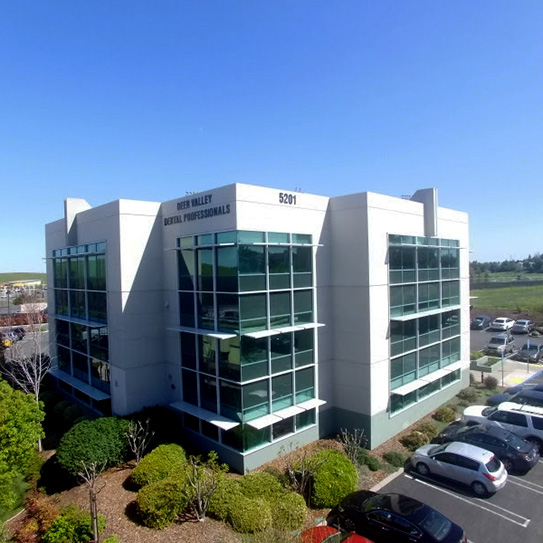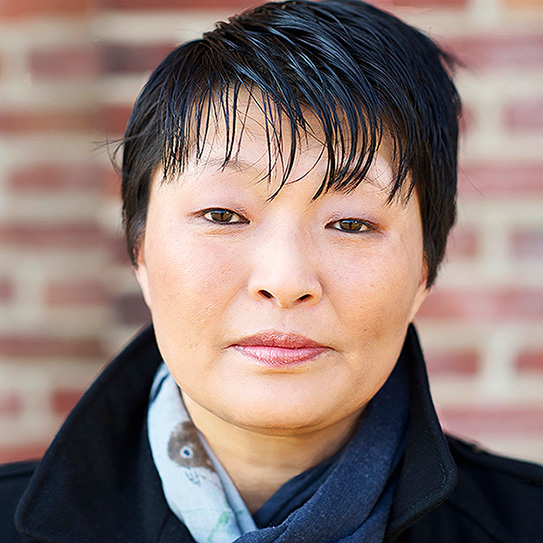What Every Woman Should Know About Her Oral Health
March 14th, 2019

WE UNDERSTAND THAT we’re your orthodontic practice, not your general dentist. However, as one of your lifelong health partners, we’re concerned here at our practice about your complete oral health. That’s why we feel like it’s important to provide relevant and useful information that’s often not orthodontics specific.
Did you realize that women have special challenges when it comes to oral health? Hormonal cycles can affect the way women’s bodies react to bacteria and plaque inside their mouths. If you’re a woman — or if you’d like to pass this information along to a woman who could benefit from it — our team encourages you to learn more about these important dental facts.
Hormonal Cycles Can Affect Gums
Puberty, pregnancy, and menstruation cause increased progesterone and estrogen levels, which can lead to increased gum sensitivity. There’s also a condition known as menstruation gingivitis, which can cause some women to experience increased bleeding and swollen gums right before menstruation. This condition is typically not serious and clears up quickly. Gingivitis during pregnancy can be more severe, and may even cause non-cancerous oral tumors. That’s another reason why it’s important for women to keep their regular checkup appointments with their general dentist during pregnancy.
Oral contraceptives also increase hormone levels in women’s bodies, which can cause increased sensitivity and vulnerability to gum disease. During menopause, hormonal fluctuations can also create oral health problems including dry mouth syndrome, which can significantly add to a woman’s tooth decay risk.
Other Oral Health Problems That Are More Likely To Affect Women
- Women are almost twice as likely as men to be diagnosed with TMD (Temporomandibular Disorders). TMD causes strain on one’s jaw joint and potential damage to teeth, often as a result of clenching and/or teeth grinding.
- HPV is becoming more common, and research is increasingly suggesting a link between HPV and oral cancer. Regular oral cancer screenings are important whether or not a woman has high risk factors.
- Women are much more susceptible to osteoporosis than men, which can cause jaw bone loss and associated periodontal disease problems.
The Great News? Women Take Better Care Of Their Oral Health!
As you might expect, a helpful remedy in many instances is to simply maintain good dental health habits! Fortunately, women are better at this than men! A recent study of over 800 young men and women shows:
- Women are more consistent when it comes to regular checkups
- Women exhibit better attitudes toward dentistry in general
- Women have better personal dental habits
Questions?
If you are a woman and you have questions about your oral health, please visit us at Gorczyca Orthodontics in Antioch, California. Call us at 925-757-9000 to schedule your complimentary exam. Visit us at www.clubbraces.com. If we don’t have the answer, we’ll go out of our way to point you in the best direction to find the answer! There are lots of easy ways to connect with us — and we promise to be very responsive! You can make a comment below, or even connect with us on our Facebook page.













